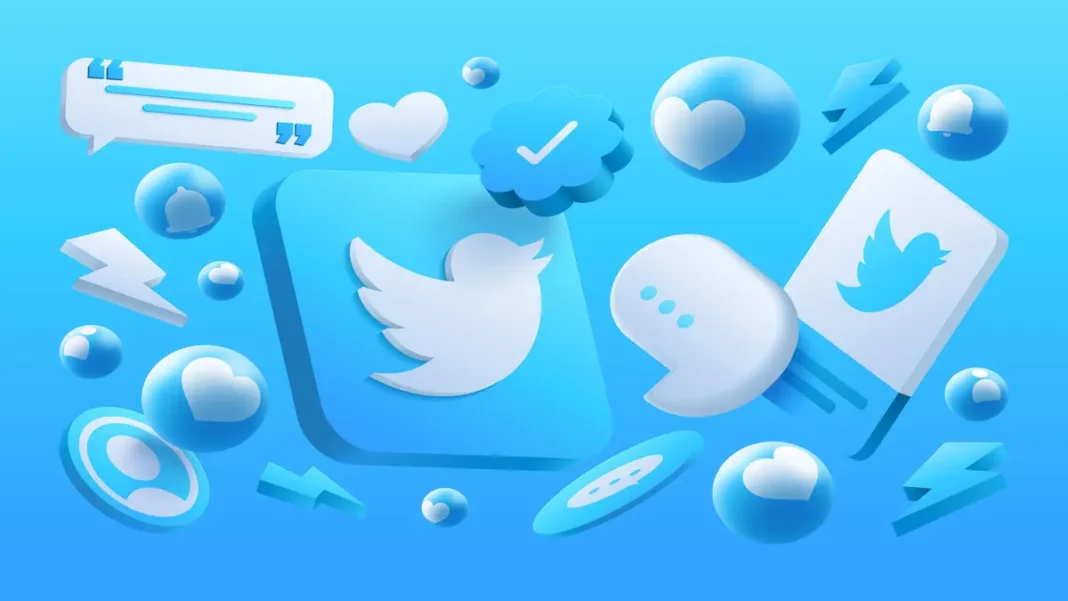Elon Musk, the billionaire entrepreneur and CEO of Tesla and SpaceX, has recently expressed concerns about the widespread presence of bots and fake accounts on Twitter, casting doubt on the potential acquisition of the social media platform. However, a recent study has revealed that a staggering 70% of Musk’s own followers could be either fake or spam accounts. This article delves into the details of the situation, exploring Musk’s concerns about Twitter, his potential acquisition, and the research that revealed this significant discrepancy in his own following. Keep reading about rajkotupdates.news:deal-got-in-trouble-due-to-fake-spam-account-of-twitter
Musk’s Concerns with Twitter: rajkotupdates.news:deal-got-in-trouble-due-to-fake-spam-account-of-twitter
Over the past few years, Elon Musk has been a prominent and active figure on Twitter, frequently engaging with his followers and sharing updates on his various ventures. However, his recent comments about the platform have highlighted concerns regarding the prevalence of bots and fake accounts, which he believes to be an issue in need of urgent attention.
These concerns were further exacerbated when Twitter’s recent transparency report revealed that up to 330 million accounts on the platform could be bots or spam accounts. This has led Musk to question the integrity of the platform and express doubts about whether he should proceed with the acquisition of Twitter.
Potential Acquisition of Twitter
Elon Musk has been considering the acquisition of Twitter to improve the platform and address the issues he has identified. With his track record of disruptive innovation, many believe that Musk could bring significant improvements to the platform, including better user experience, enhanced privacy measures, and advanced tools to identify and eliminate fake accounts.
However, given his recent concerns, Musk has threatened to walk away from the deal if Twitter fails to address the bot issue more effectively. This has left the future of the potential acquisition uncertain, as both parties determine the best course of action.
Research on Musk’s Own Followers
Amid Musk’s concerns about Twitter’s integrity, a recent study conducted by an independent research group has revealed a surprising finding: 70% of Musk’s own followers could be fake or spam accounts. The study analysed a sample of 10,000 of Musk’s followers and utilized advanced algorithms and user behaviour patterns to identify fake or spam accounts.
The research group has suggested that this high proportion of fake followers may be attributed to a combination of factors, including Musk’s celebrity status and the tendency for bots to follow high-profile users. Moreover, the study highlights that the issue of fake followers is not unique to Musk, as other high-profile Twitter users also have a significant proportion of fake or spam followers.
Identifying Characteristics Associated with Spam Accounts on Twitter
Spam accounts on Twitter often exhibit certain features or patterns of behaviour that can help identify them. While not every spam account will have all of these features, the presence of several can be a strong indicator of spam. Some examples include:
1. Username patterns: Spam accounts often have usernames with random strings of numbers and letters, or they may imitate well-known accounts by using slight variations in spelling or adding extra characters.
2. Incomplete profiles: Spam accounts may have incomplete profiles, such as missing profile pictures, generic or no header images, and minimal or no bio information.
3. High follow-to-follower ratio: Spam accounts often follow a large number of users compared to their number of followers. This behaviour is typically associated with attempts to gain followers through mass following and unfollowing.
4. Low engagement: Spam accounts may have very low engagement rates, with few likes, retweets, or replies on their tweets. This can indicate low-quality content or automated posting.
5. High posting frequency: Spam accounts may post an unusually high number of tweets in a short period of time or have repetitive content, often promoting the same links or products.
6. Automated content: The content of spam accounts may appear automated or generated by bots, with formulaic language, repetitive phrasing, or nonsensical text.
7. Unusual link usage: Spam accounts may post links that lead to phishing sites, malware, or affiliate marketing sites in an attempt to drive traffic or profit from user clicks.
8. Content unrelated to followers: Spam accounts may post content unrelated to their followers’ interests or the stated purpose of the account, often promoting unrelated products or services.
9. Hashtag abuse: Spam accounts may abuse trending hashtags or use an excessive number of unrelated hashtags in their tweets to gain visibility.
10. Suspicious mentions: Spam accounts may mention random users or well-known accounts in an attempt to gain attention, often without any context or relevance to the tweet content.
These are just a few examples of features that can correlate to spam accounts on Twitter. While no single feature can definitively identify a spam account, the presence of multiple features can serve as a strong indicator. You must know about spam account.
Conclusion
Elon Musk’s recent threat to abandon the Twitter acquisition due to bot concerns has brought the issue of fake accounts on the platform into the spotlight. While Musk’s worries about the integrity of Twitter are valid, the revelation that a large proportion of his own followers could be fake or spam accounts has raised questions about the extent of the problem and the effectiveness of current measures in place to tackle it.
As the situation unfolds, it remains to be seen whether Musk will proceed with the acquisition, and if so, what steps he will take to address the bot issue on Twitter. Know more about rajkotupdates.news:deal-got-in-trouble-due-to-fake-spam-account-of-twitter
Also Read: Twitter Character Limit 280 May Soon Change, Says Elon Musk


